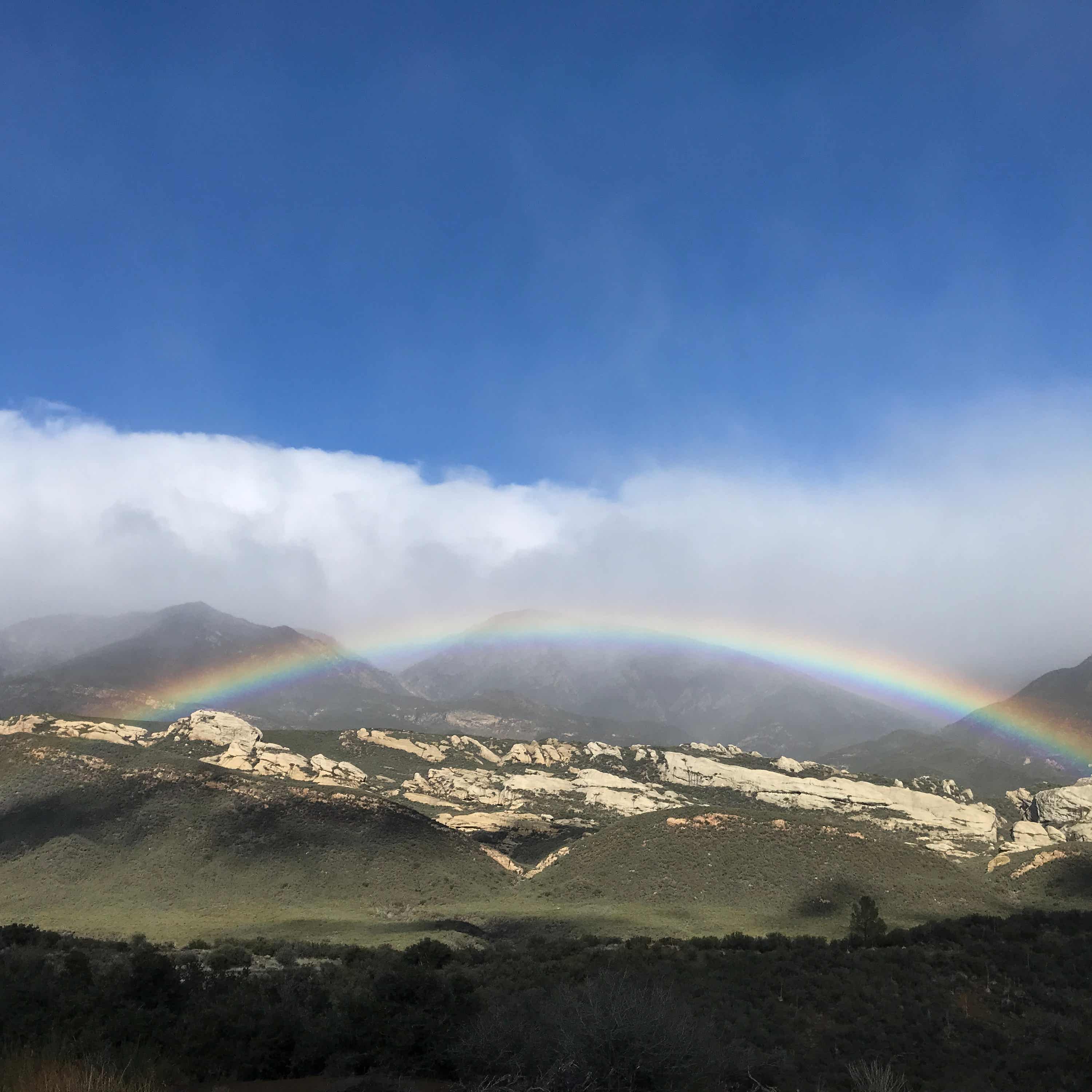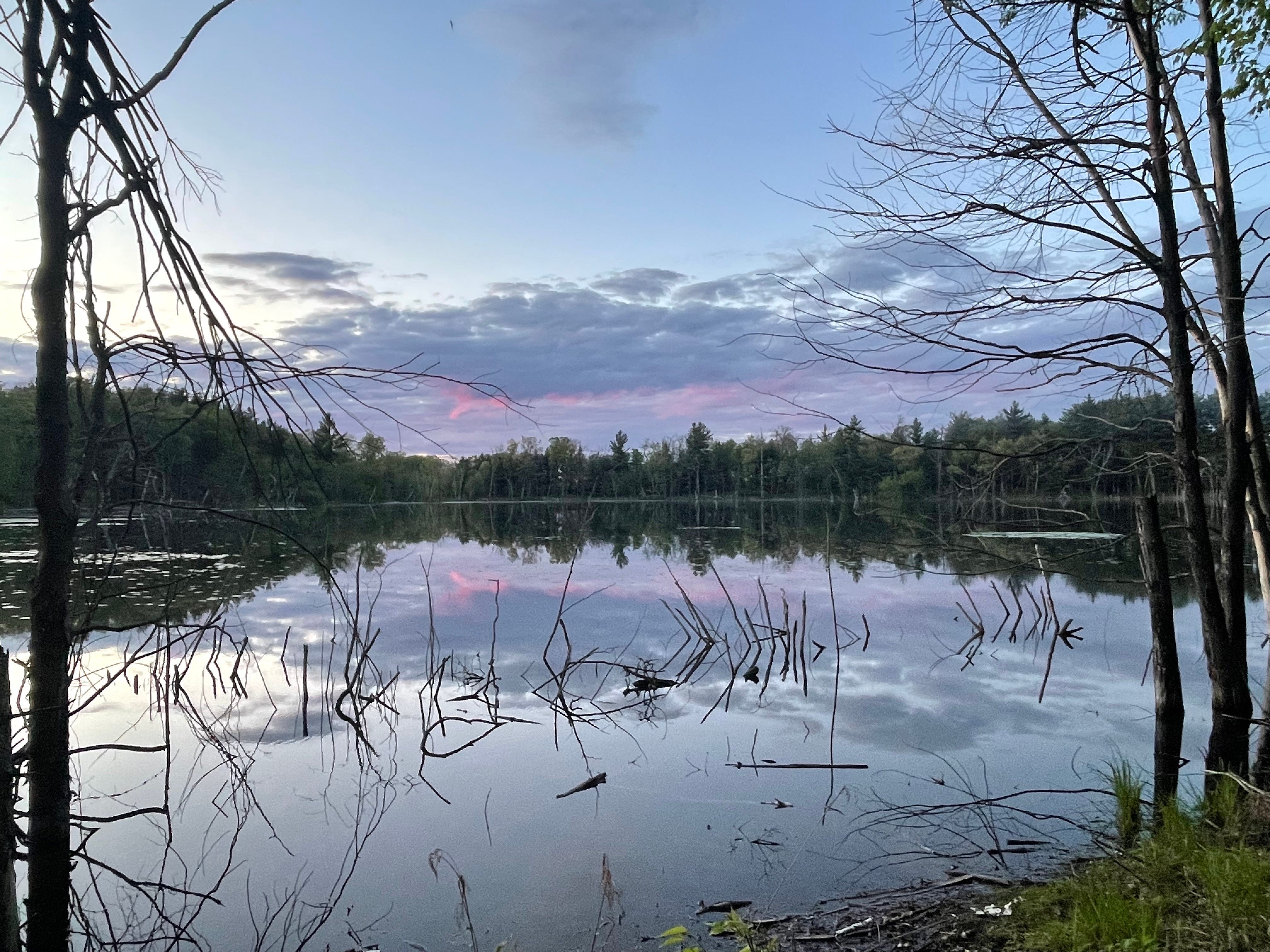EarthBody with Jiling Lin

EarthBody with Jiling Lin
Podcast Description
Five Elements Lifestyle Medicine for Seasonal Living jiling.substack.com
Podcast Insights
Content Themes
Explores themes of personal and ecological well-being through the lens of traditional Chinese medicine, seasonal rituals, and creative expression. Specific topics include seasonal lifestyle medicine practices, like winter solstice celebrations, Lunar New Year traditions, and mindfulness exercises, with episodes discussing integrating art and nature into personal health routines.

Five Elements Lifestyle Medicine for Seasonal Living
Hi! I’m Jiling, an acupuncturist and herbalist in coastal southern California bridging medicine and expression through my Ventura acupuncture clinic, Five Elements classes, and Elemental book-in-progress that interweaves nature, art, movement and ritual for thriving personal and ecological wild beauty. Learn more about me at JilingLin.com, join events here, and get acupuncture here. Enjoy this June 2025 letter. See you next month!
~
Lying on grass, we gaze at sun through our eyelids. Feel damp earth through our clothes. Hear lake lapping against shore. I slip my rattle from my backpack and start walking and rattling around the circle, beginning with Rumi, “You are in your body like a plant is solid in the ground, yet you are wind.”
We begin where we started, concluding a two-day Elemental intensive together at the Midwest Women’s Herbal Conference. We take three breaths together: for ourselves, each other, the Great Mystery. We rub our hands together to generate heat, then clap them together on three, two, one, CLAP! We conclude. We begin again.
Planning this class, I sat with an empty notebook gazing at the ocean, sipping tea, retracing beloved trails. So many ideas as always, but no impetus this time to write or gestate into a polished plan. Instead, “We are here to experiment and experience together,” I say in our first few minutes together, “and I am here with you.”
Planning without planning, I scaffolded a list of possibilities for each Element, theming around my Five Element Lifestyle Medicine framework. Before each session, I wondered, “How do I want people to feel?” and chose a few practices that I hoped to share. Then we flowed.
I approached the conference similarly, leaving a class early to wander with a new friend, bump into more new friends, and discover a hidden lake where sandhill cranes crooned and Canadian geese soared honking overhead. Marching towards yoga class the final morning, I change course to strain nearly forgotten turmeric dye, chat with friends, then continue alone to my favorite spot by the lake, “Hello water. Hello land.” I close the conference in my own way by conversing with this place, remembering similar lake-Ling conversations over the years, back to over a decade ago as a new herbal teacher quivering here for the first time. Here again now, I feel the comforting waters returning, flowing, onwards.
Teaching via 為無為 action-non-action, I hold the bones of my curriculum lightly, ask students what they want, and we saunter into the unknown together.
Studying, traveling, and verb-ing 為無為 action-non-action, I trust intuition, listen to what the moment calls for, and let the details reveal themselves, welcoming magic.
What arises when you soften into not knowing, allowing what is arising to to emerge organically on its own time and of its own nature?
🌻 節氣 Seasonal Nodes
The 24 seasonal nodes in the Chinese lunisolar calendar observe seasonal shifts. Each node has 3 pentads, poetic snapshots of natural phenomena to align us with EarthBody cycles. Here’s June’s upcoming seasonal nodes and pentads:
June 6: 芒種 Grain in Beard • 螳螂生 Praying mantises hatch • 腐草為螢 Rotten grass becomes fireflies • 梅子黄 Plums ripen yellow
June 21: 夏至 Summer Solstice • 乃東枯 Summer herbs wither • 菖蒲華 Irises bloom • 半夏生 Pinellia rises
🌻 Recommendations
Ventura Events: Come hangout with me and Lanny Kaufer, author of Medicinal Herbs of California, at Timbre Books on 6/12 for a fun conversation about his life, herb walks, and book! (free event)
Tea Talks: Listen to my interview with Thomas Elpel, author of Botany in a Day
Library: Checkout my top books from May! The Book of Alchemy by Suleika Jaouad (writing prompts) and California Against the Sea by Rosanna Xia (climate change)
❤️ May this be the best season of your life,
JilingLin.com • Acupuncture, herbs, art
This is a public episode. If you would like to discuss this with other subscribers or get access to bonus episodes, visit jiling.substack.com

Disclaimer
This podcast’s information is provided for general reference and was obtained from publicly accessible sources. The Podcast Collaborative neither produces nor verifies the content, accuracy, or suitability of this podcast. Views and opinions belong solely to the podcast creators and guests.
For a complete disclaimer, please see our Full Disclaimer on the archive page. The Podcast Collaborative bears no responsibility for the podcast’s themes, language, or overall content. Listener discretion is advised. Read our Terms of Use and Privacy Policy for more details.